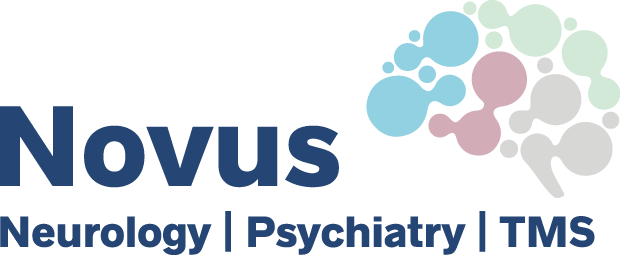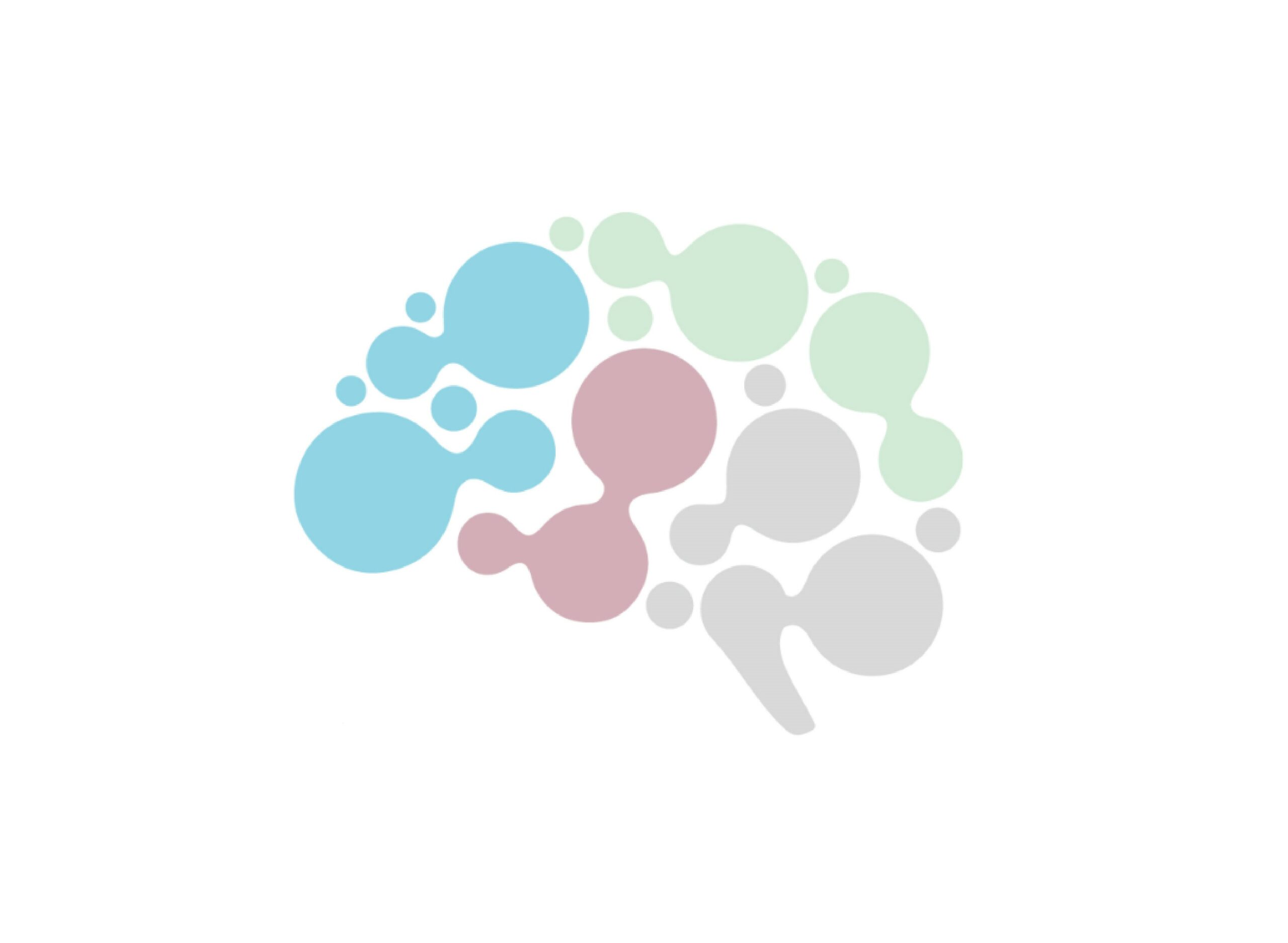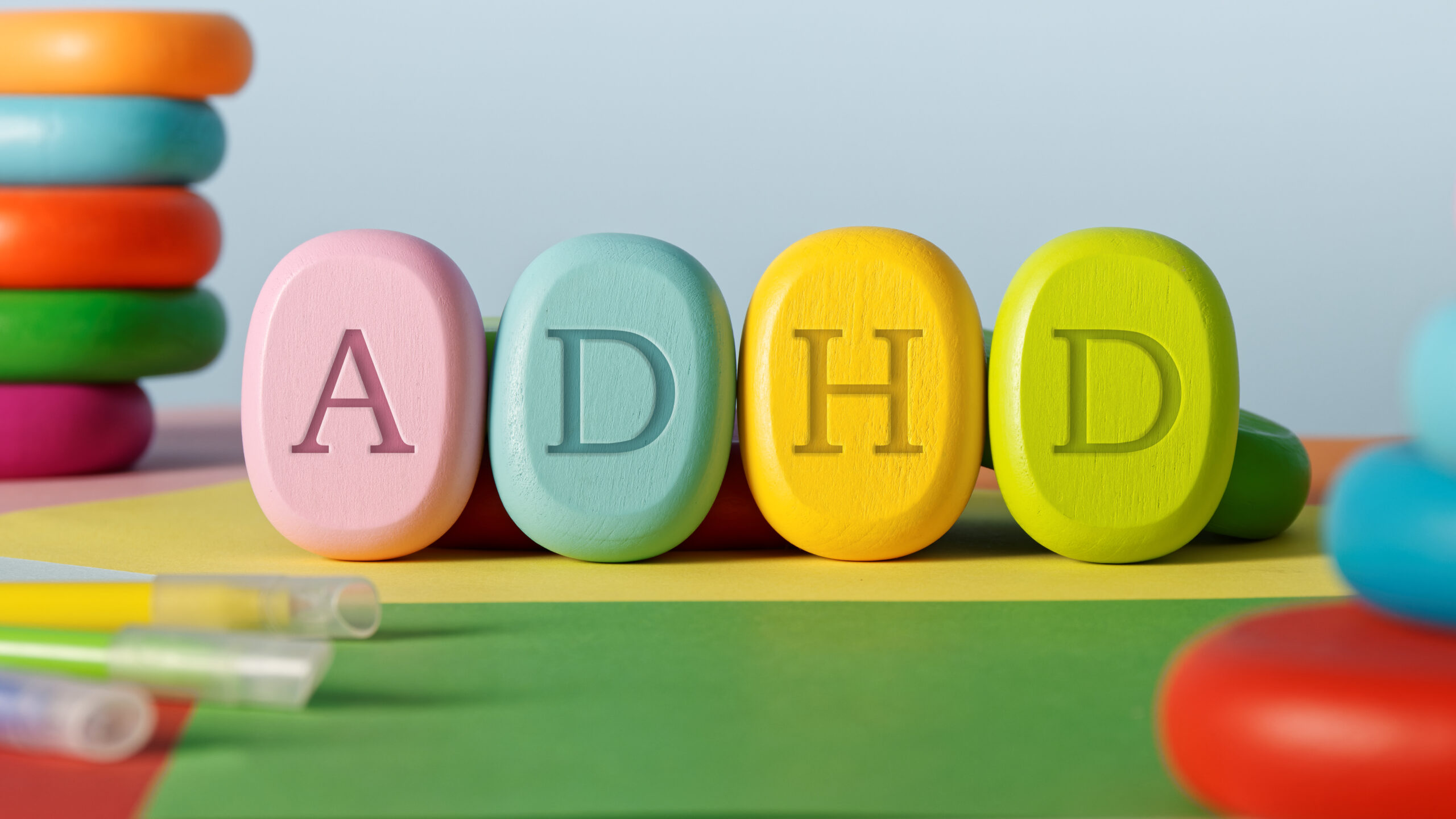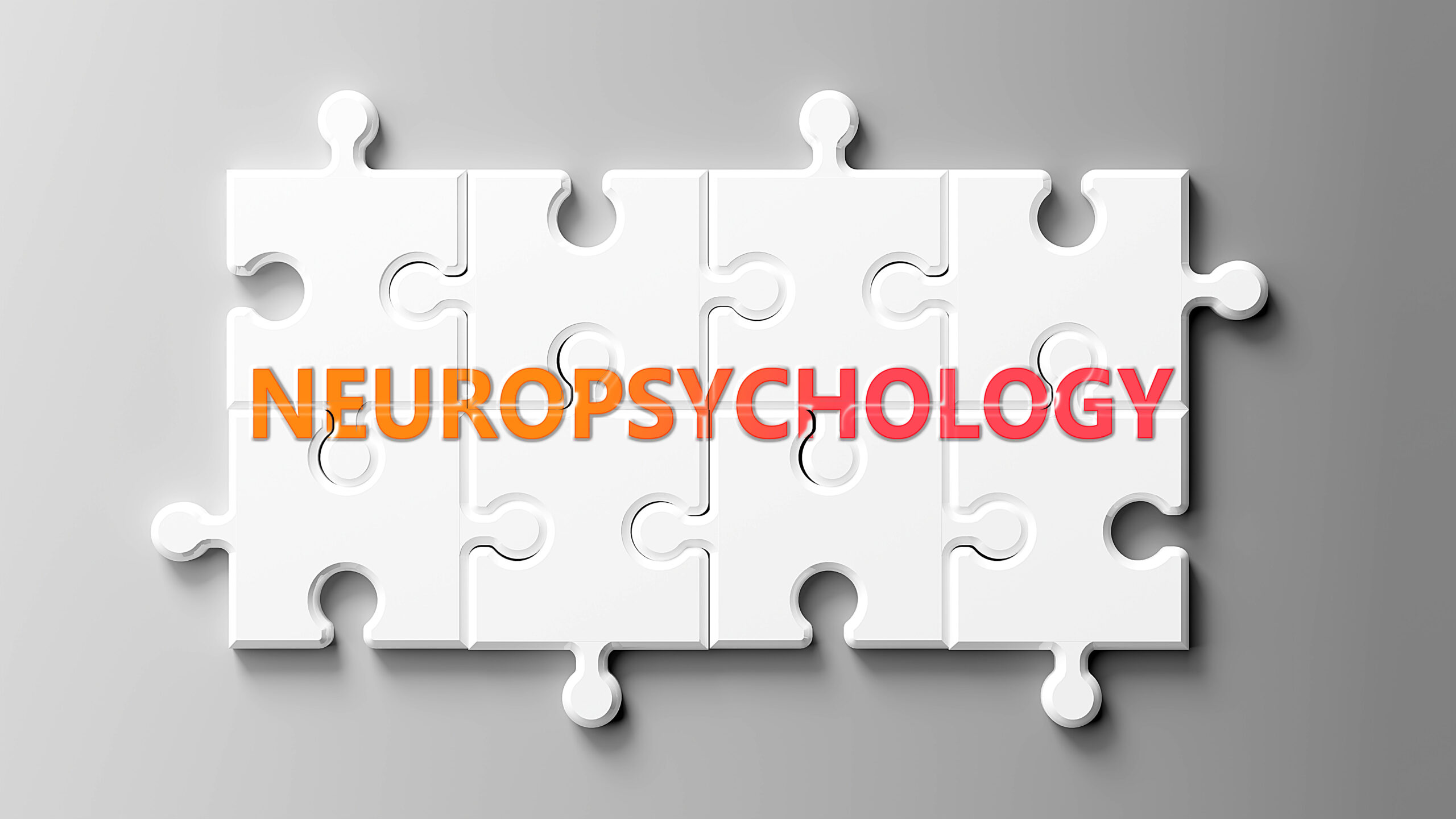Novus Neuropsychology
Established in 1997, Dr Mark L. Prohaska, PhD. has proudly provided neuropsychological services in Tuscaloosa and West Alabama for two decades. The clinic provides cognitive assessments that detect changes or abnormalities in brain functioning and establish cognitive baselines prior to starting an intervention or to monitor/rule out progressive declines over time. Neuropsychological assessments are appropriate to evaluate or diagnose memory loss (e.g. Dementia, Alzheimer’s disease), ADHD, learning disabilities, sensory processing disorders, head injuries, strokes, competency, and pre-surgical fitness (e.g. gastric bypass, lap band, pain stimulator). To more effectively serve the community, the clinic has relocated from Helen Keller Blvd. to 2201 Jack Warner Parkway.
Dr. Mark L. Prohaska, PhD
Dr. Mark L. Prohaska, PhD has more than 20 years of experience in providing comprehensive neuropsychological evaluations for children, adults, and seniors struggling with cognitive issues related to ADHD, Learning Disabilities, processing issues, head injury, stroke, neurological disorders, and cognitive decline in late life.

Dr. Prohaska earned his bachelor’s degree from the University of Texas at San Antonio. He went on to complete his Doctoral degree in Clinical Psychology from the University of Alabama. He completed his specialty training in Neuropsychology through his internship at the University of North Carolina, Chapel Hill, and his postdoctoral fellowship at Brown University in Providence, Rhode Island. Dr. Prohaska has been published in the Journal of Clinical Geropsychology, the Practitioners Resource Series, the Journal of Experimental Social Psychology, and the Journal of Neuropsychiatry and Clinical Neurosciences. He has given numerous professional presentations on topics including executive dysfunctions, the neurobehavioral correlates of brain dysfunction, memory disorders, stress management, the neurobiology of addictions, brain health and aging, and attention deficit disorder. Dr. Prohaska currently serves as the director of the Neuropsychology Clinic and the ADHD clinic and has particular interests in healthy aging, dementing illness, ADHD, and Learning Disabilities.
What is neuropsychology?
Clinical neuropsychology is a sub-specialty of clinical psychology that specializes in the assessment and treatment of patients with brain injury or disease. A clinical neuropsychologist holds an advanced degree in clinical psychology (Ph.D., Psy.D.), and has completed a clinical internship and specialized post-doctoral training in clinical neuropsychology. What distinguishes a clinical neuropsychologist from other clinical psychologists is knowledge of the brain, including an understanding of areas such as neuroanatomy and neurological disease. The discipline involves the application of standardized measures in the study of brain behavior relationships. They use neuropsychological tests to assess cognitive deficits, and they are involved in the management, treatment and rehabilitation of cognitively impaired patients. Neuropsychology also entails the development of models and methods for understanding normal and abnormal brain function.
What services do we offer?
Neuropsychological Testing
Neuropsychological testing is an evaluation of brain health from a “functional” standpoint. In other words, it addresses the question, “How well is the brain doing what it is supposed to do?” The process involves having the patient perform a variety of tasks, each of which places demands on a different function or system in the brain (e.g., attention, problem solving, learning and memory, etc.). Based on the patient’s performance, the integrity of each system can be assessed. In addition, specific patterns of performance are very helpful in establishing or confirming a diagnosis
The Testing Process
The evaluation will typically last from 2-5 hours depending on the patient’s specific needs or referral question. It begins with a one hour clinical interview to gather information about patient history and presenting problems, complaints, or concerns; family members or friends are often able to provide additional information regarding these difficulties, and are welcome during the interview session. This is followed by the testing/data collection session with an examiner, conducted with breaks as needed or broken up over separate session as scheduling or fatigue dictates. The patient may also be asked to complete additional questionnaires.
The Follow-up Meeting
Patients return for a 30-60 minute feedback appointment which is typically scheduled approximately one week following testing. During this appointment the testing results, including diagnostic and prognostic implications, are discussed. The patient has ample opportunity to ask questions and recommendations are gone over in detail. The goal of the follow-up meeting is for the patient to fully understand their cognitive strengths and weaknesses, diagnosis and prognosis, and options for addressing them. You may bring family members or friends to this appointment.
Written Report
A written report is prepared and sent to the referring physician, a summary of which is typically provided to the patient. When requested by the patient, copies of the report can also be provided to other health care providers, attorneys, insurance companies, schools, etc.
What should I expect from the testing process?
On the day of your appointment, you and a family member or close friend will meet for an interview with the neuropsychologist. Try to get a good night’s sleep, eat breakfast, and take your medications as prescribed. The neuropsychologist will ask questions about your current problems and recovery so far. Testing will then begin.
Usually testing takes between two and six hours, thought some patients take longer. During testing you will be asked to answer questions, do tasks with pencil and paper, remember information, and possibly respond to questions on a computer. You will be given breaks depending on how you feel and how long the evaluation takes. Afterward, your tests will be scored and the scores will be compared to those of other people the same age and level of education.





